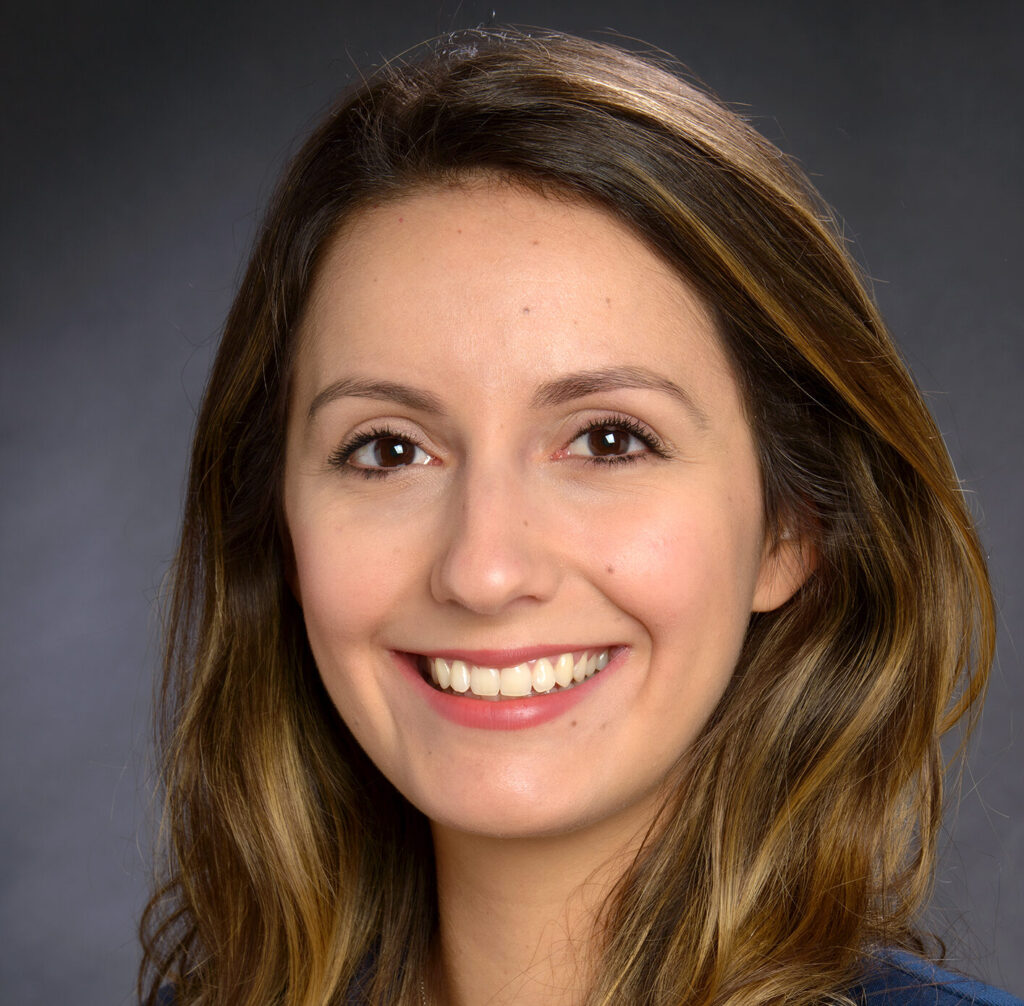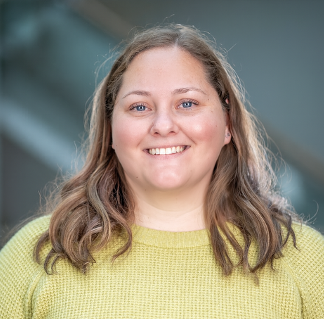 Dr. Daniele Ferrari, a postdoctoral fellow in the lab of Dr. David Granville, and Dr. Alanna Shwed, a postdoctoral fellow in the lab of Dr. Heather Gainforth, have both received 2025 Research Trainee Awards from Michael Smith Health Research BC. These awards support talented postdoctoral researchers to build their careers in British Columbia. Research trainees increase the productivity of their teams and help drive discoveries that improve the health of people and communities.
Dr. Daniele Ferrari, a postdoctoral fellow in the lab of Dr. David Granville, and Dr. Alanna Shwed, a postdoctoral fellow in the lab of Dr. Heather Gainforth, have both received 2025 Research Trainee Awards from Michael Smith Health Research BC. These awards support talented postdoctoral researchers to build their careers in British Columbia. Research trainees increase the productivity of their teams and help drive discoveries that improve the health of people and communities.
 Dr. Ferrari’s project is titled Exploring the Role of Granzyme B in Aging-Related Pruritus: Mechanisms and Therapeutic Potential
Dr. Ferrari’s project is titled Exploring the Role of Granzyme B in Aging-Related Pruritus: Mechanisms and Therapeutic Potential
Project description: Itch, or chronic pruritus, is a common condition affecting about 40% of adults aged 65 and older. For many, chronic pruritus can significantly reduce quality of life. For these individuals, existing treatments like systemic or immunosuppressive drugs are often unsafe due to age-related health conditions. A protein called Granzyme B (GzmB), which is active in aging and inflamed skin, has been linked to itch severity, but its exact role in causing itch is still unknown.
This research aims to uncover how GzmB contributes to itch in aging skin. First, we will study the connection between GzmB levels and signs of itch in skin samples from elderly patients with eczema. Next, we will investigate how GzmB affects skin cells, nerves, and immune responses, focusing on pathways that worsen itch. Finally, we will test a promising new topical GzmB-blocking gel treatment, VTI-1002, in experimental models of itch.
By understanding how GzmB causes itch and testing potential treatments, this study could lead to safe, targeted therapies that improve the quality of life for older adults with chronic itch.

Dr. Shwed’s project is titled Building Capacity for Research Partnerships: A Health Learning System Approach
Project description: People with SCI often struggle to find research that reflects their needs. One way to improve this is through research partnerships, where researchers and people with lived experience work together. However, many researchers do not have the training or support to build strong partnerships, and research institutions do not have systems in place to make engagement easier. This project will help change that by developing a long-term support system for research partnerships at ICORD. The first step is launching a training course to help researchers and trainees learn how to work meaningfully with partners. I will also work with ICORD’s Meaningful Engagement Committee to create ways for the institution to better track, support, and strengthen partnerships over time. Finally, I will connect with other SCI research institutions to see how this approach can be adapted beyond ICORD. This work will help make research partnerships more effective, ensuring SCI research is relevant, useful, and impactful for the people it is meant to serve.

